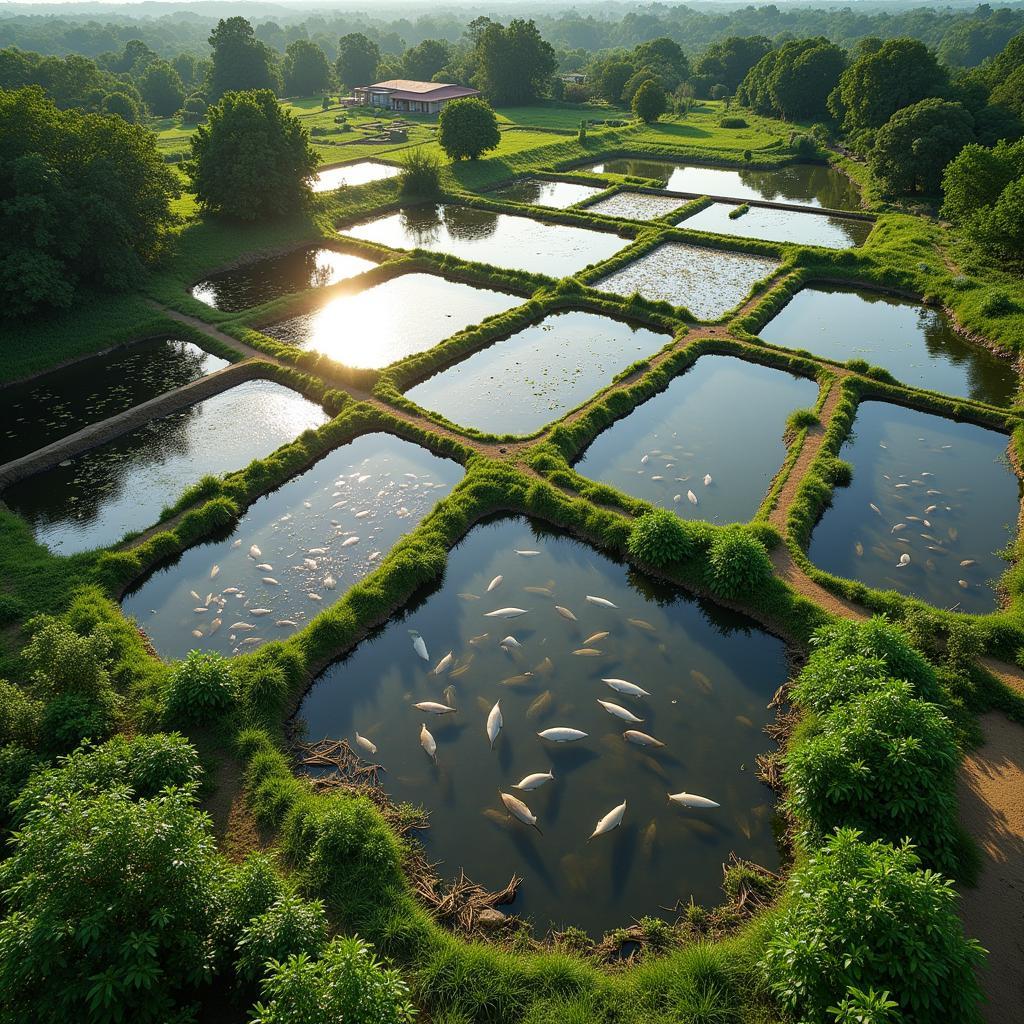The African Diaspora: A Global Tapestry of Resilience and Cultural Fusion
The African Diaspora, encompassing the centuries-long migration of people of African descent across the globe, has indelibly shaped the cultural landscape of numerous nations. From the Americas to Europe and beyond, the forced displacement of millions during the transatlantic slave trade resulted in the establishment of vibrant communities that retained elements of their ancestral heritage while forging new identities in foreign lands.
A Multifaceted History of Forced Migration and Cultural Adaptation
The African diaspora is not a monolithic entity, but rather a complex tapestry woven from diverse experiences of migration and adaptation. While the transatlantic slave trade represents a significant chapter in this narrative, it is crucial to acknowledge the existence of earlier diasporic movements, such as the Arab slave trade that brought African communities to the Middle East and Asia centuries prior. Understanding the nuances of these historical trajectories is essential to comprehending the cultural diversity within the diaspora.
The forced migration of Africans during the transatlantic slave trade had a profound impact on the demographics and sociopolitical landscape of the Americas. In the Caribbean, South America, and the United States, enslaved Africans and their descendants endured unimaginable hardships, yet their resilience and cultural ingenuity flourished amidst adversity. Music, dance, food, and religious practices became powerful vehicles for preserving cultural memory and forging a sense of collective identity in the face of oppression.
The Enduring Legacy of African Traditions in the Diaspora
Despite the trauma of forced migration and enslavement, African cultural traditions endured and evolved in the diaspora, often blending with indigenous and European influences to create unique hybrid forms. Music, in particular, became a powerful tool for expressing resistance, resilience, and cultural pride. From the rhythmic drumming and call-and-response patterns of Afro-Caribbean music to the soulful melodies of the blues and jazz in North America, the African musical legacy resonated deeply within diasporic communities.
Foodways also played a crucial role in preserving cultural memory and fostering a sense of belonging. Traditional African ingredients and cooking techniques, adapted to local environments and available resources, gave rise to distinct culinary traditions in different parts of the diaspora. From the rice-based dishes of the American South to the spicy stews and fritters of the Caribbean, African-inspired cuisine continues to tantalize palates and reflect the adaptability and ingenuity of diasporic communities.
The African Diaspora and the Struggle for Social Justice
The history of the African diaspora is inextricably intertwined with the struggle for social justice and equality. From the Haitian Revolution, the first successful slave revolt that established an independent black republic in 1804, to the Civil Rights Movement in the United States and the anti-apartheid struggle in South Africa, people of African descent have consistently challenged systems of oppression and fought for liberation.
Exploring the Connections: African Diaspora and Caribbean Diaspora
The interconnectedness of different diasporic communities is an important aspect of understanding the global impact of the African diaspora. The Caribbean, for instance, served as a major hub in the transatlantic slave trade, receiving millions of enslaved Africans who shaped the cultural landscape of the region. Examining the similarities and differences between the African diaspora in the Caribbean and other parts of the world sheds light on the complex interplay of history, culture, and identity.
The African Diaspora Today: A Global Force for Change
Today, the African diaspora represents a powerful force for social, political, and economic change on a global scale. From prominent figures in politics, business, academia, and the arts to grassroots activists and community leaders, people of African descent are making their voices heard and contributing to the advancement of human rights, social justice, and cultural understanding. Recognizing the contributions of the African diaspora is not just about acknowledging the past, but also about understanding the present and shaping a more just and equitable future for all.
Conclusion
The African diaspora is a testament to the resilience, creativity, and enduring legacy of African people worldwide. From forced migration and enslavement to cultural innovation and the ongoing struggle for social justice, the journey of the African diaspora has left an indelible mark on the world. Understanding this complex and multifaceted history is essential to appreciating the richness and diversity of global cultures today.
FAQ
1. What is the main cause of the African diaspora?
The transatlantic slave trade, which forcibly displaced millions of Africans to the Americas, is the primary cause of the modern African diaspora.
2. What are some cultural contributions of the African diaspora?
Music, dance, food, and religious practices are just a few examples of the rich cultural contributions of the African diaspora, which have enriched societies worldwide.
3. What are some resources for learning more about the African diaspora?
Museums, historical sites, academic journals, and online resources dedicated to African history and culture offer valuable insights into the African diaspora.
4. How does the African diaspora continue to influence the world today?
Through activism, artistic expression, and contributions to various fields, the African diaspora remains a powerful force for social change and cultural understanding.
5. What is the significance of studying the African diaspora?
Studying the African diaspora provides insights into global history, cultural exchange, and the ongoing struggle for social justice, fostering a more inclusive and equitable world.
Need more information or assistance?
Contact us:
- Phone Number: +255768904061
- Email: kaka.mag@gmail.com
Or visit us at: Mbarali DC Mawindi, Kangaga, Tanzania.
We have a dedicated customer support team available 24/7.
Explore more about the African diaspora on our website:
- Discover the diverse culinary traditions of the African diaspora food.
- Learn about the fascinating blend of beliefs in African diaspora religion.
- Explore the historical context and impact of the African diaspora cause and effect.
- Delve into the vibrant culture of the African diaspora in Brazil.


